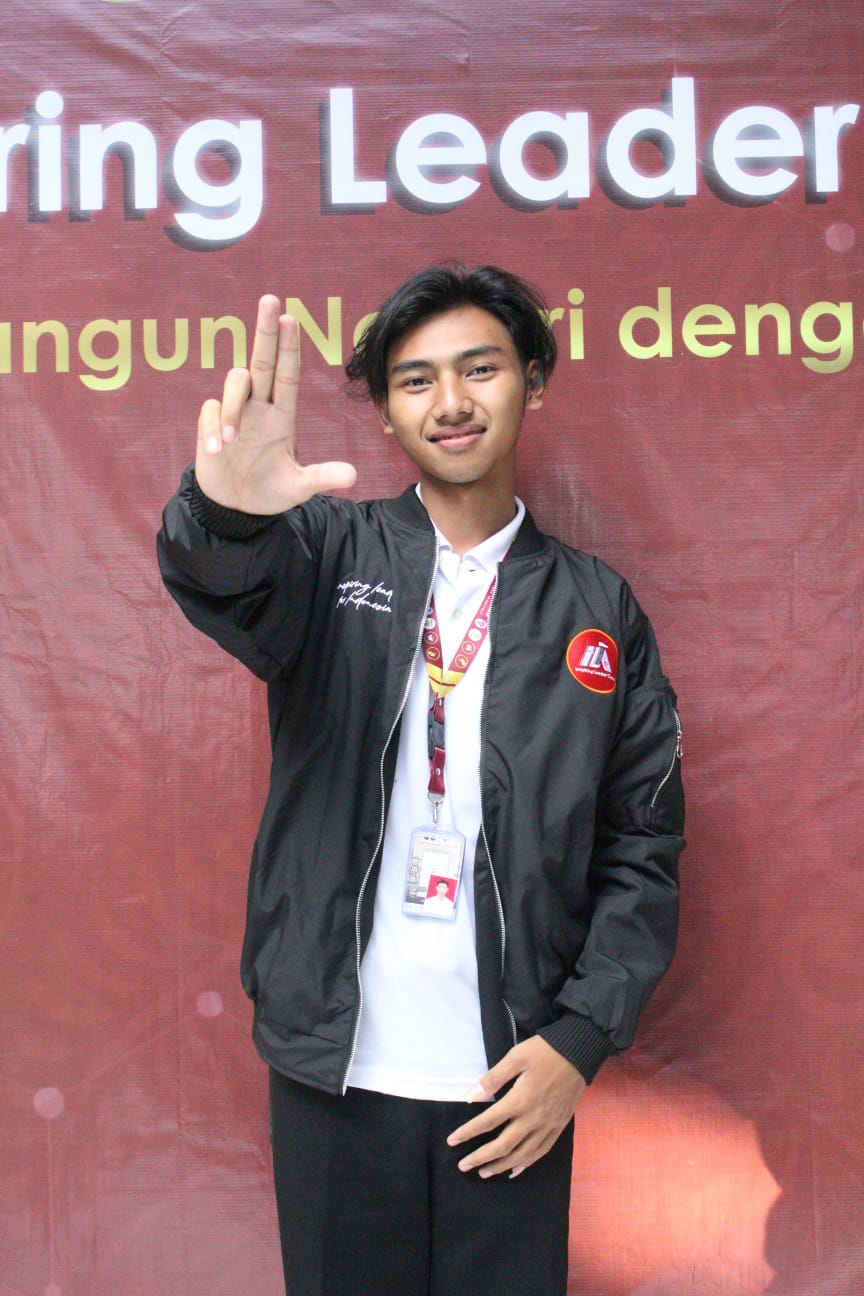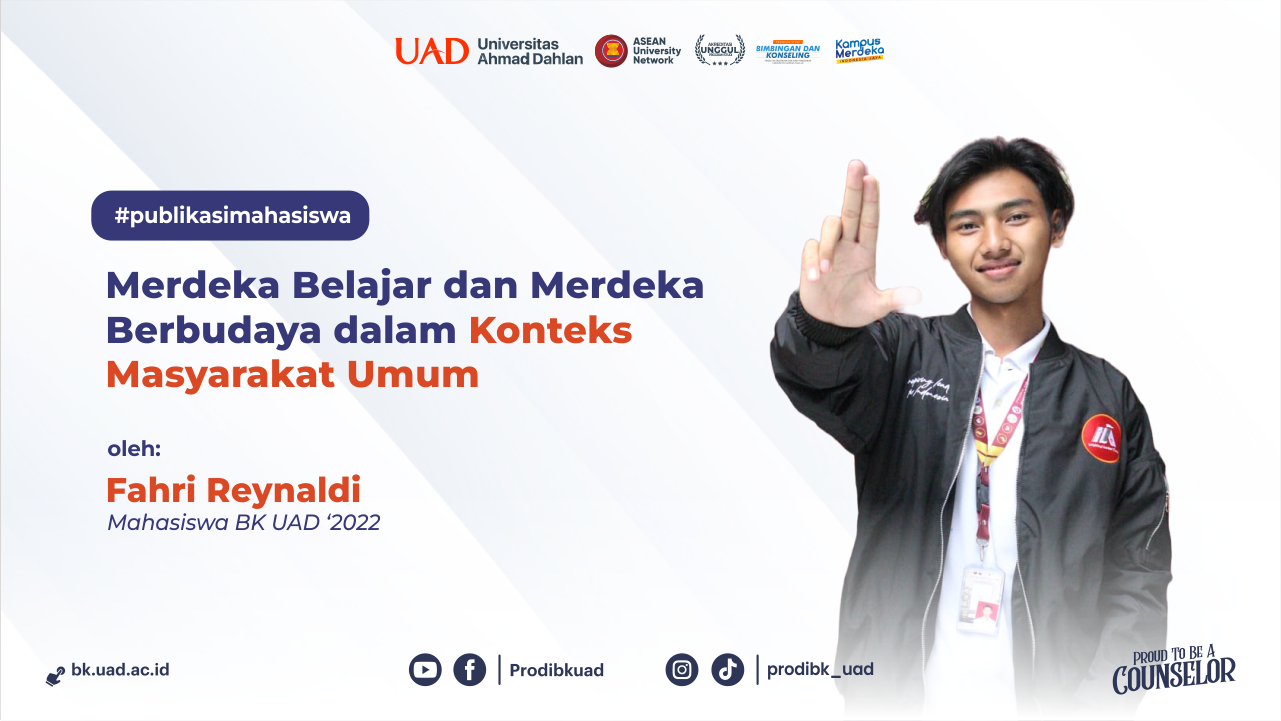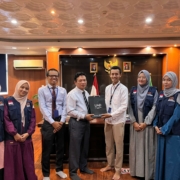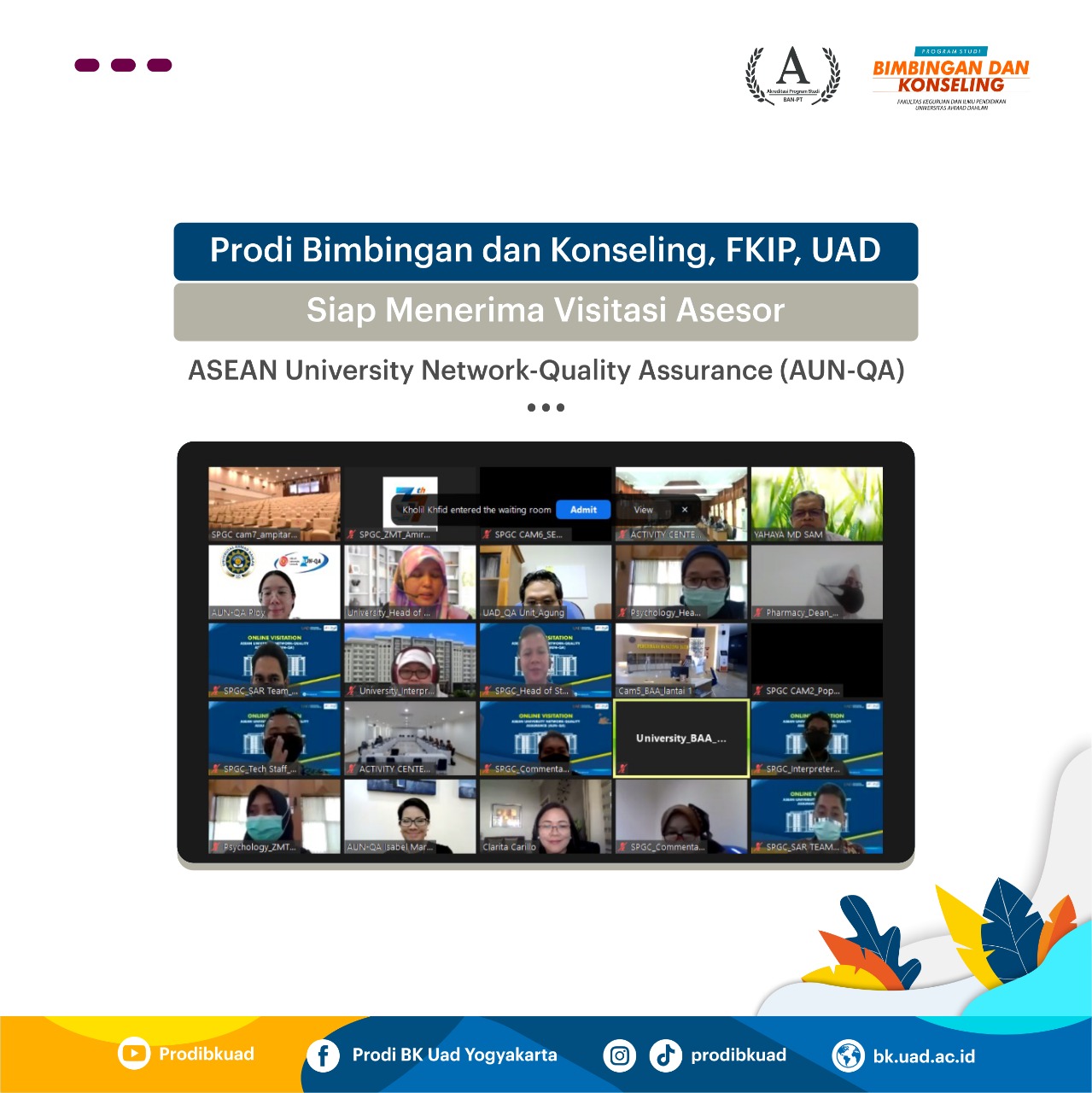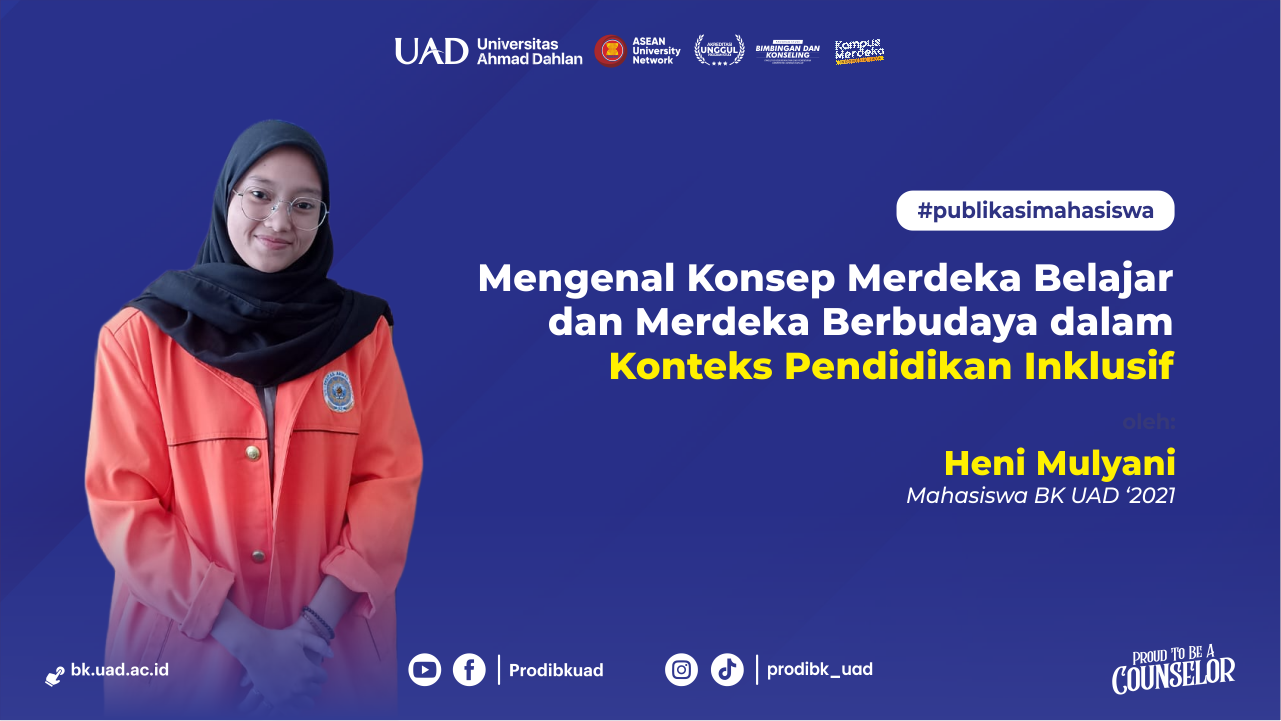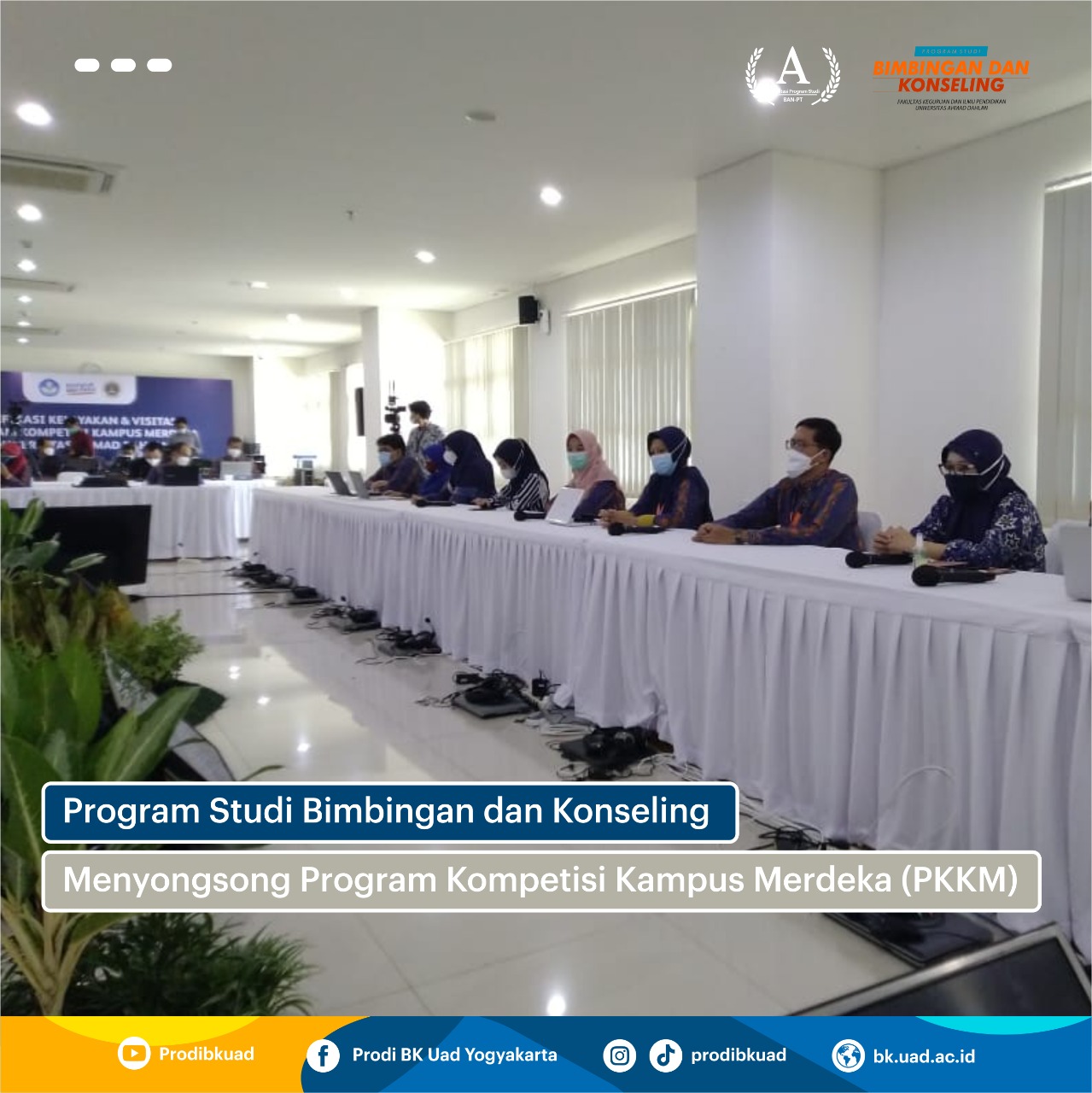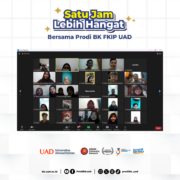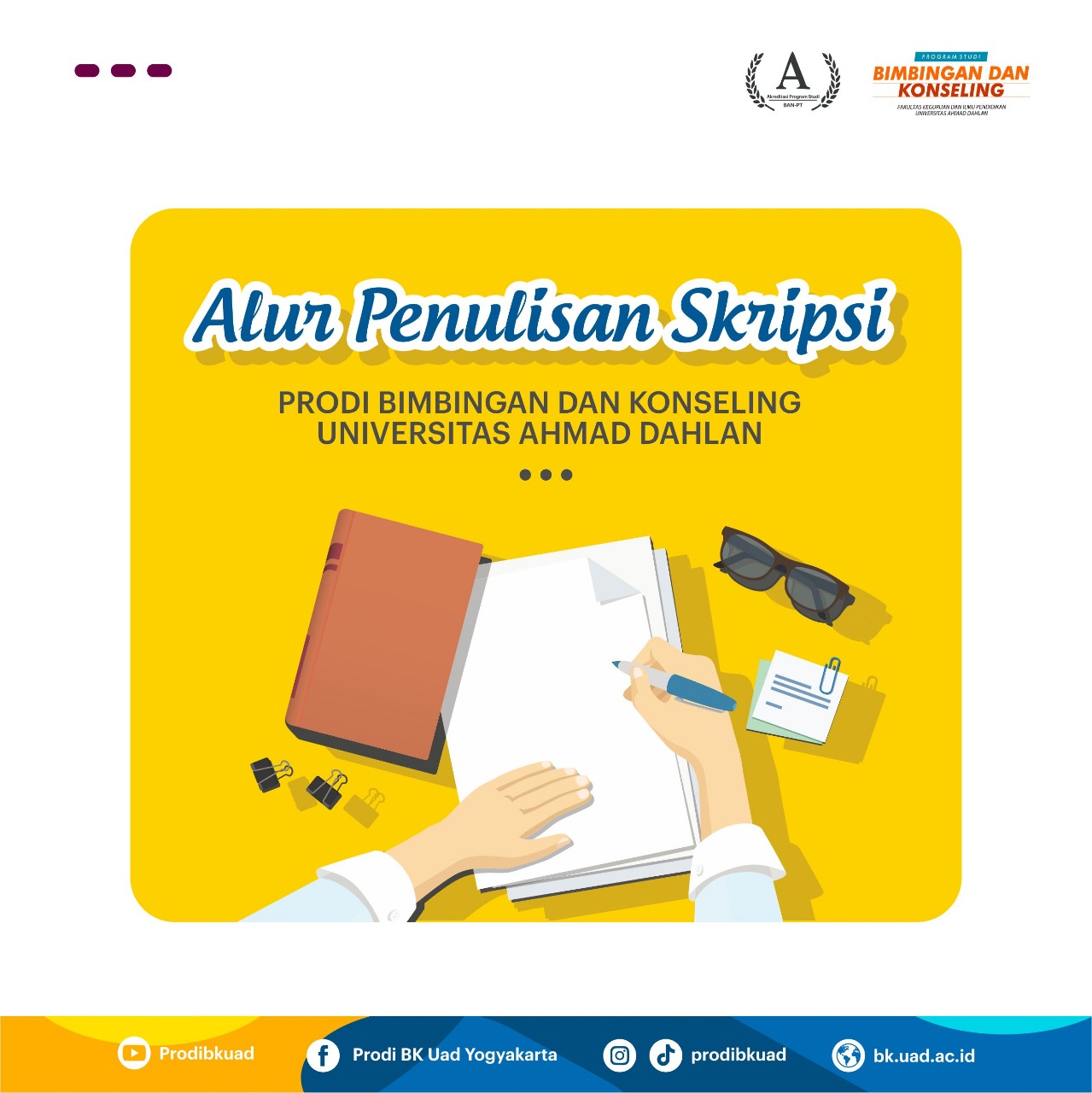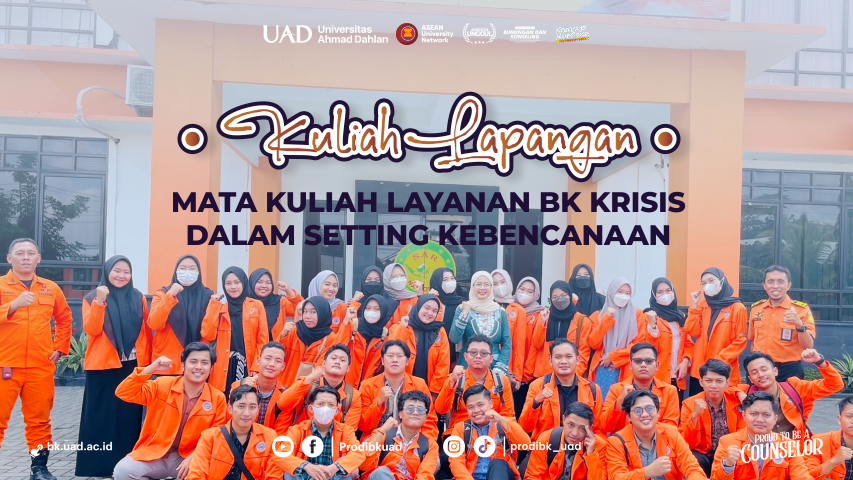Freedom of Learning and Freedom of Culture in the Context of General Society
Freedom of learning and culture is an education programme initiated by the Indonesian government. This programme aims to strengthen the ability and character of individuals in developing their potential, as well as maintaining the cultural diversity that exists in Indonesia. In its implementation, the Merdeka Belajar and Merdeka Berbudaya programme emphasises the importance of practice in social life in general. Society is defined as a group of individuals who live together and work together to obtain common interests, and have an order of life, norms, and customs that are obeyed in the environment.
Learning independence can have a huge impact on individuals, especially in optimising their learning. Through this programme, individuals can freely choose an educational path according to their interests, talents and potential. In addition, learning independence can also increase individual motivation and independence in overcoming obstacles and obstacles in the learning process.
The cultured labelling in this programme can certainly provide great benefits to society at large. The programme can preserve the values, norms and customs of the community. Through culture, a sense of community is created as well as a strong identity of the community. Culture can also be a valuable intellectual value.
In practice, freedom of learning and culture can be exercised simultaneously and can achieve great benefits. For example, individuals can choose their educational path according to their interests, talents and potentials by always upholding the norms and customs that exist in society. Furthermore, through this, individuals can develop themselves optimally and make a positive contribution to society.
The community can take part as educational leaders in the surrounding environment by becoming agents of change. Through Merdeka Belajar and Merdeka Berbudaya programmes, they can instil the values of learning and cultural independence. Communities can promote the values of independence, freedom of thought and cultural diversity by bringing these values to their neighbourhoods. Communities can strengthen awareness about the importance of education and culture in building a better society.
According to an educational psychologist from Integrity Development Flexibility (IDF), Irene Guntur, as many as 87% of students in Indonesia have the wrong major. So, why do so many students major in the wrong subject? Here are four reasons underlying this phenomenon as quoted from the WEdushare page (accessed on 28 November 2021).
- Following friends;
- taking too much advice;
- because of scholarship offers; and
- parental reasons.
From several cases that occurred, it was found that many students experienced the wrong choice of major. Thus, freedom of learning and culture is expected to provide freedom for students in choosing majors according to their interests.
Bronfenbrenner, through systems theory, views that children’s development is influenced by a complex environment and consists of four systems, namely micro, meso, exo and macro systems. A supportive and positive environment can help children achieve optimal developmental maturity.
The link between learning and cultural independence and guidance and counselling services encourages the creation of a program that helps individuals freely choose majors according to their interests, talents, and potential. Guidance and counselling services provide assistance to individuals in deciding their choices independently. In learning and cultural independence, counselling theory can be used to help individuals make the right educational choices. The presence of counsellors helps individuals to know themselves better, and to explore their interests, talents and potentials. Through guidance and counselling, counsellors also help individuals overcome obstacles and barriers they experience.
Counsellors can appreciate the cultural diversity that exists in the general community. This is reflected in their efforts to help individuals understand cultural differences and encourage individuals to appreciate and understand different values. This can lead to an inclusive and self-sufficient society that accepts diversity and promotes the value of co-operation.
Therefore, learning and cultural independence are closely related to the general societal context. When learning and cultural freedom are promoted and empowered, individuals can develop lifelong learning abilities and acquire the necessary skills for future success. Meanwhile, when individuals value cultural diversity and are able to address cultural issues, they can help build an inclusive and self-sufficient society.
By:
Fahri Reynaldi (Student of Counseling Study Programme FKIP UAD Batch 2022)
